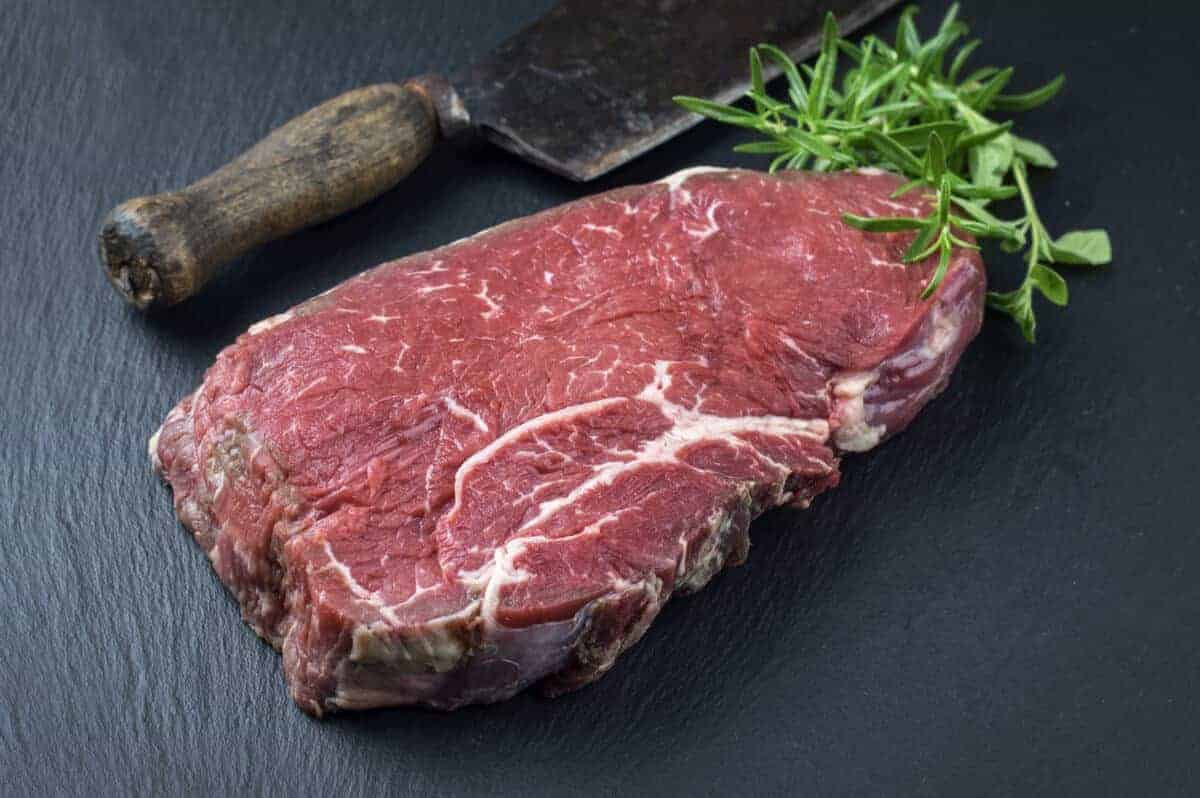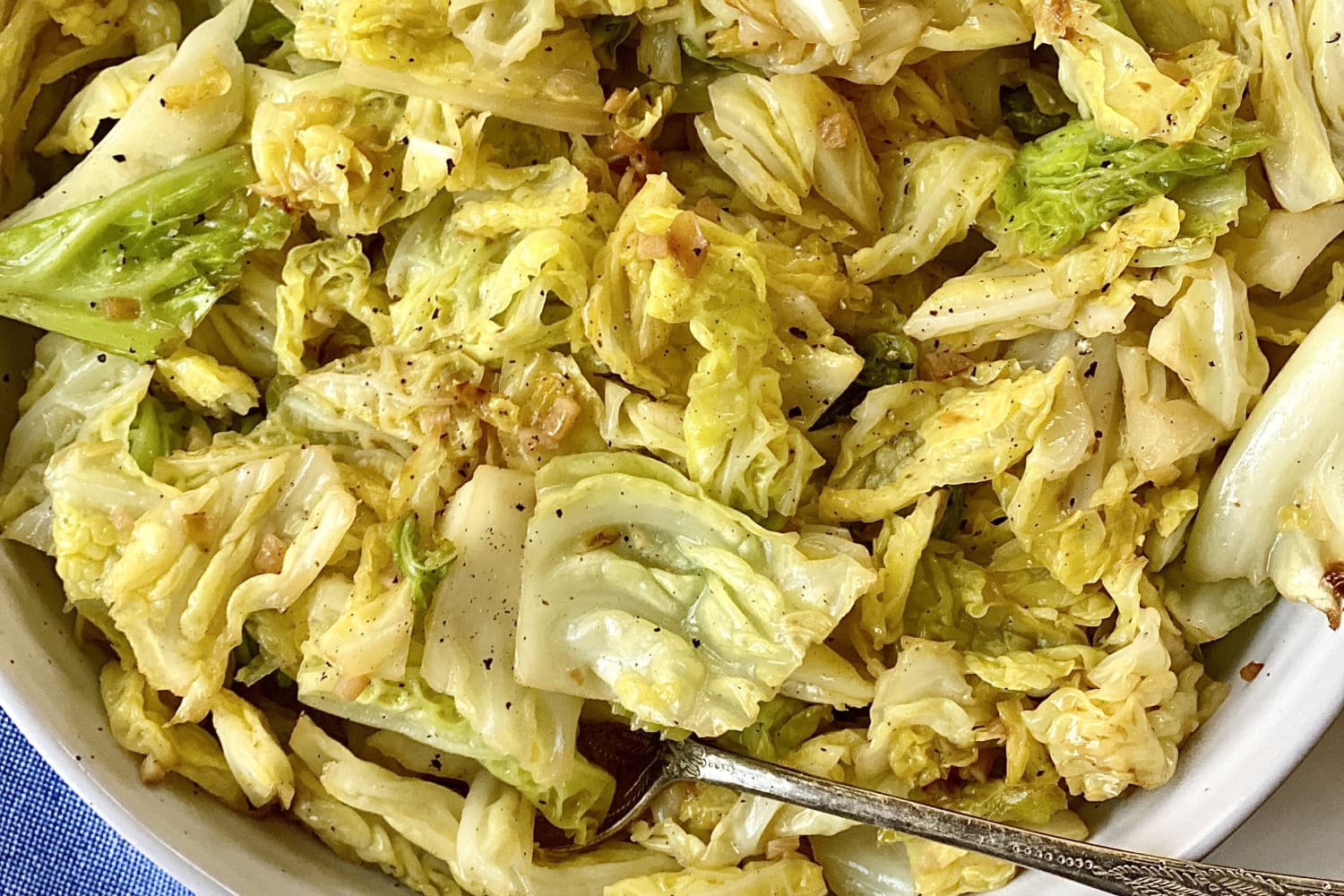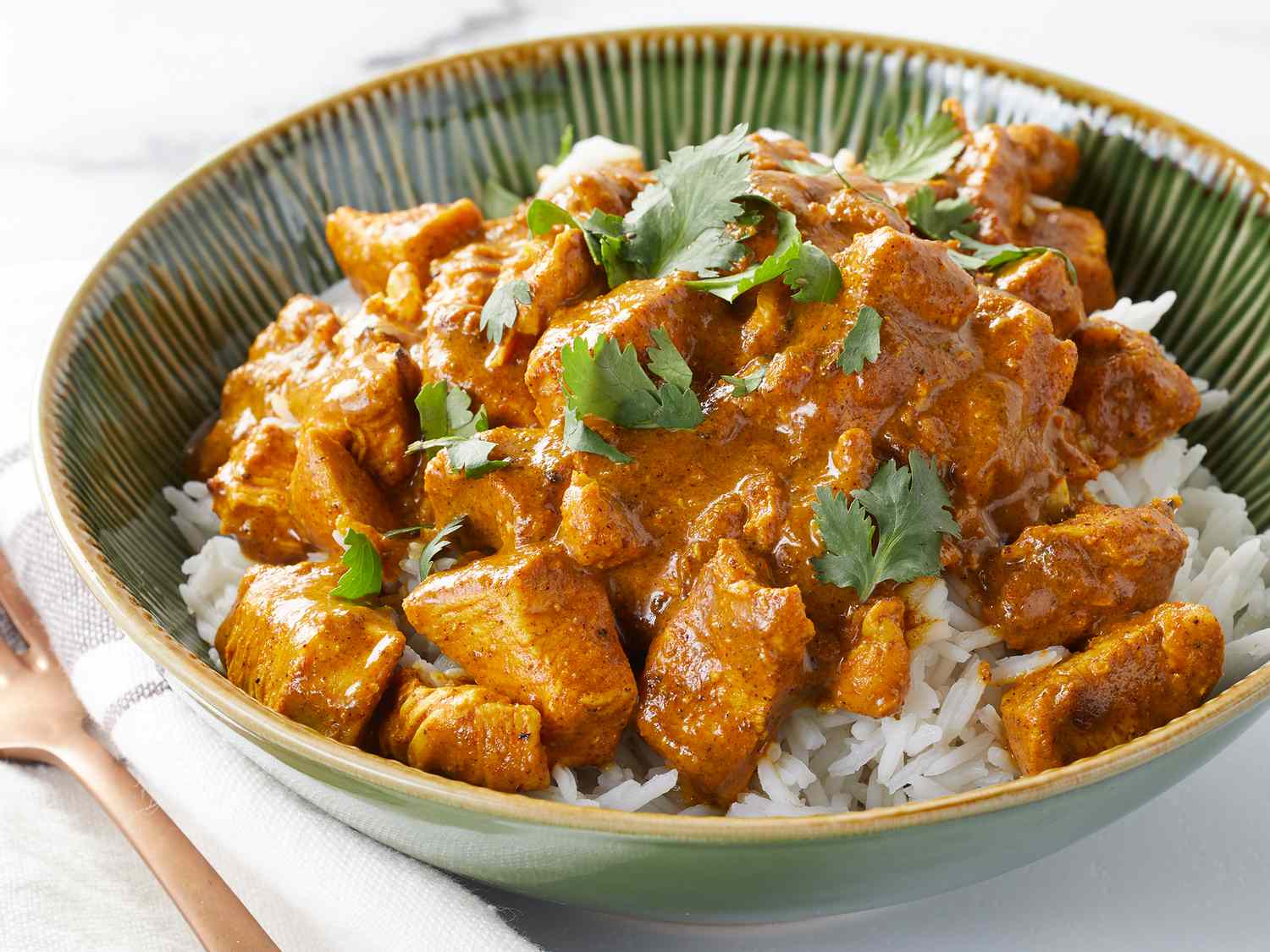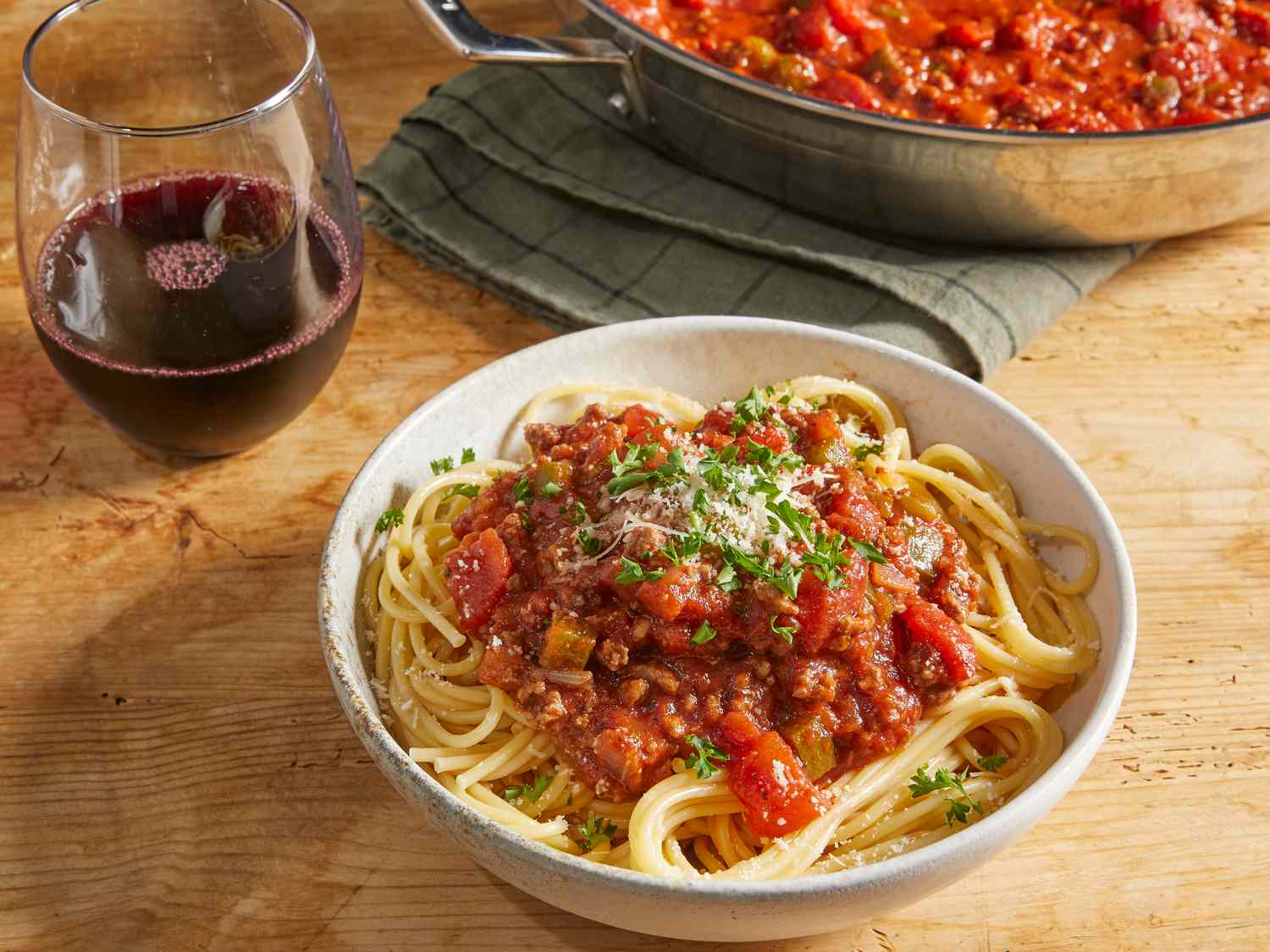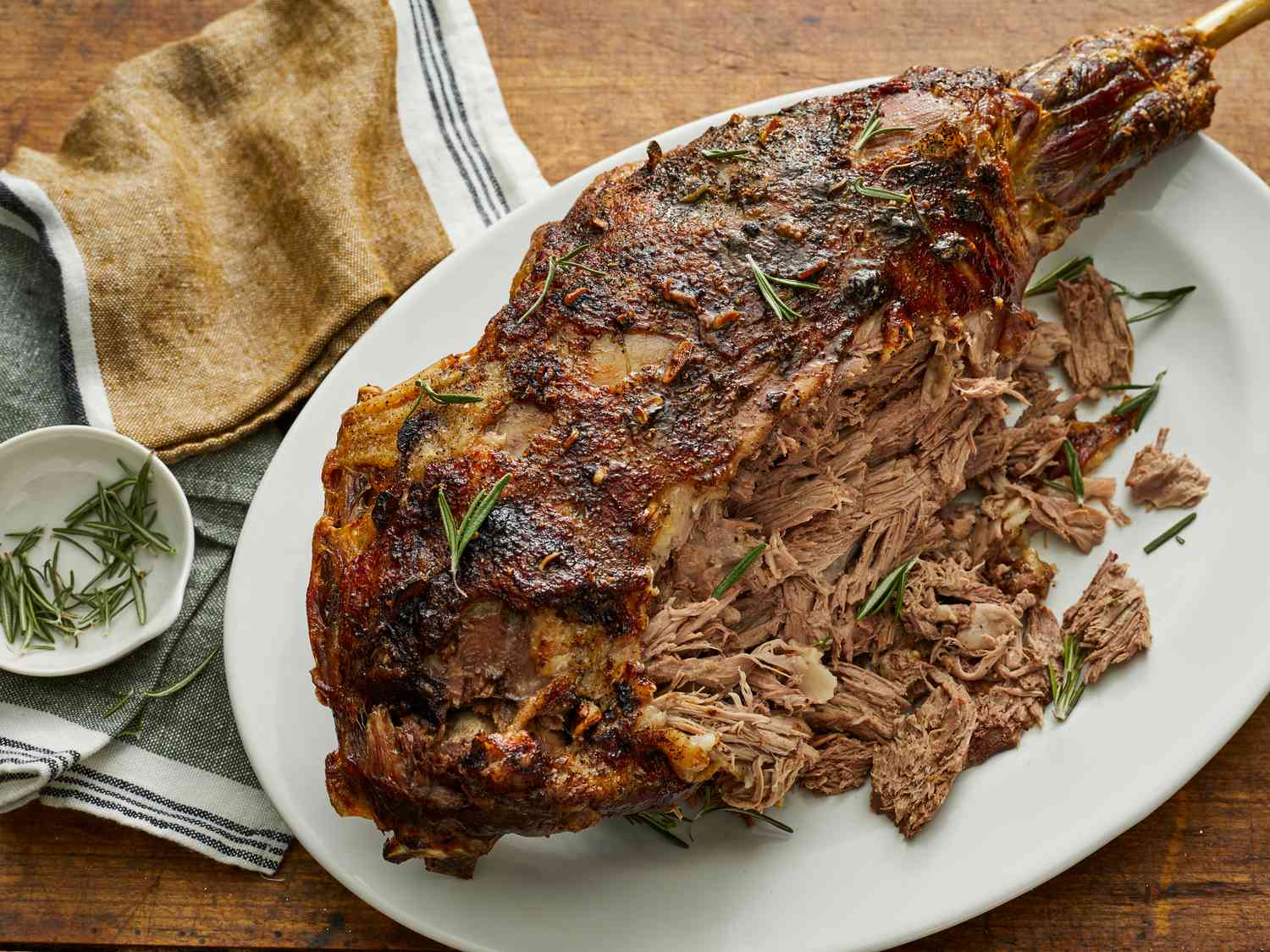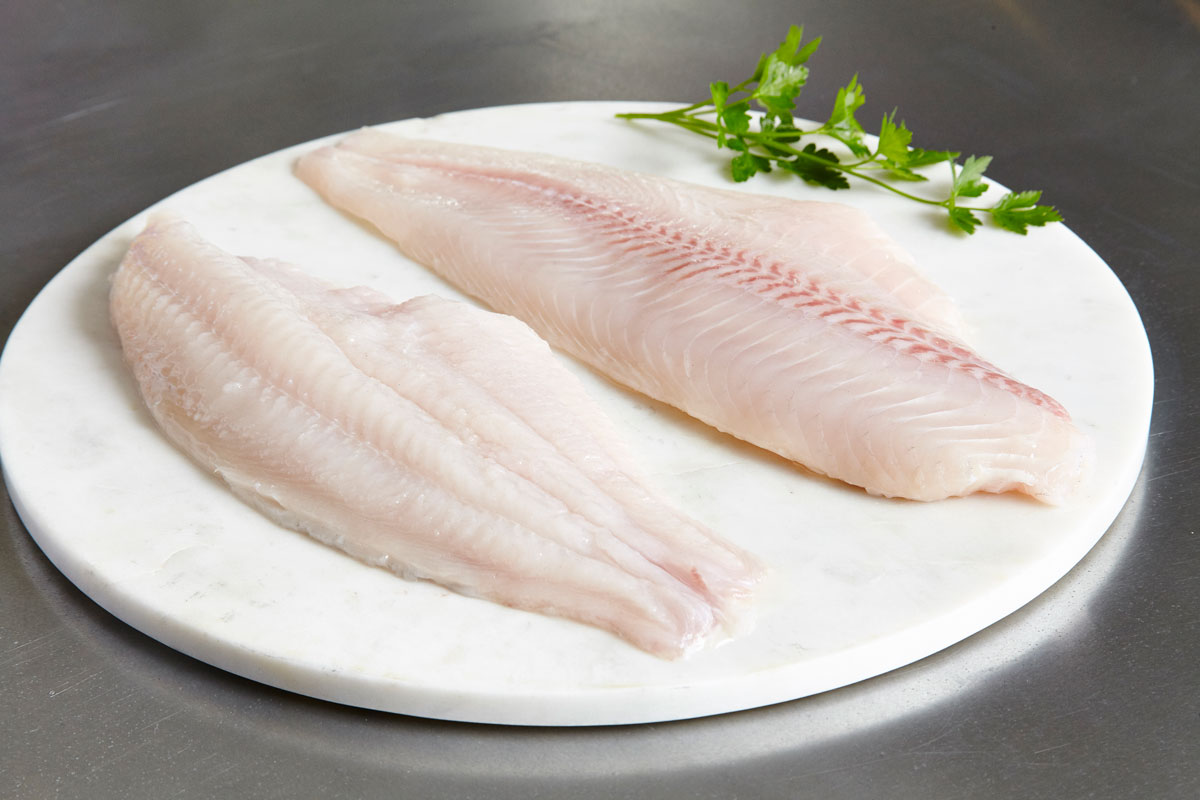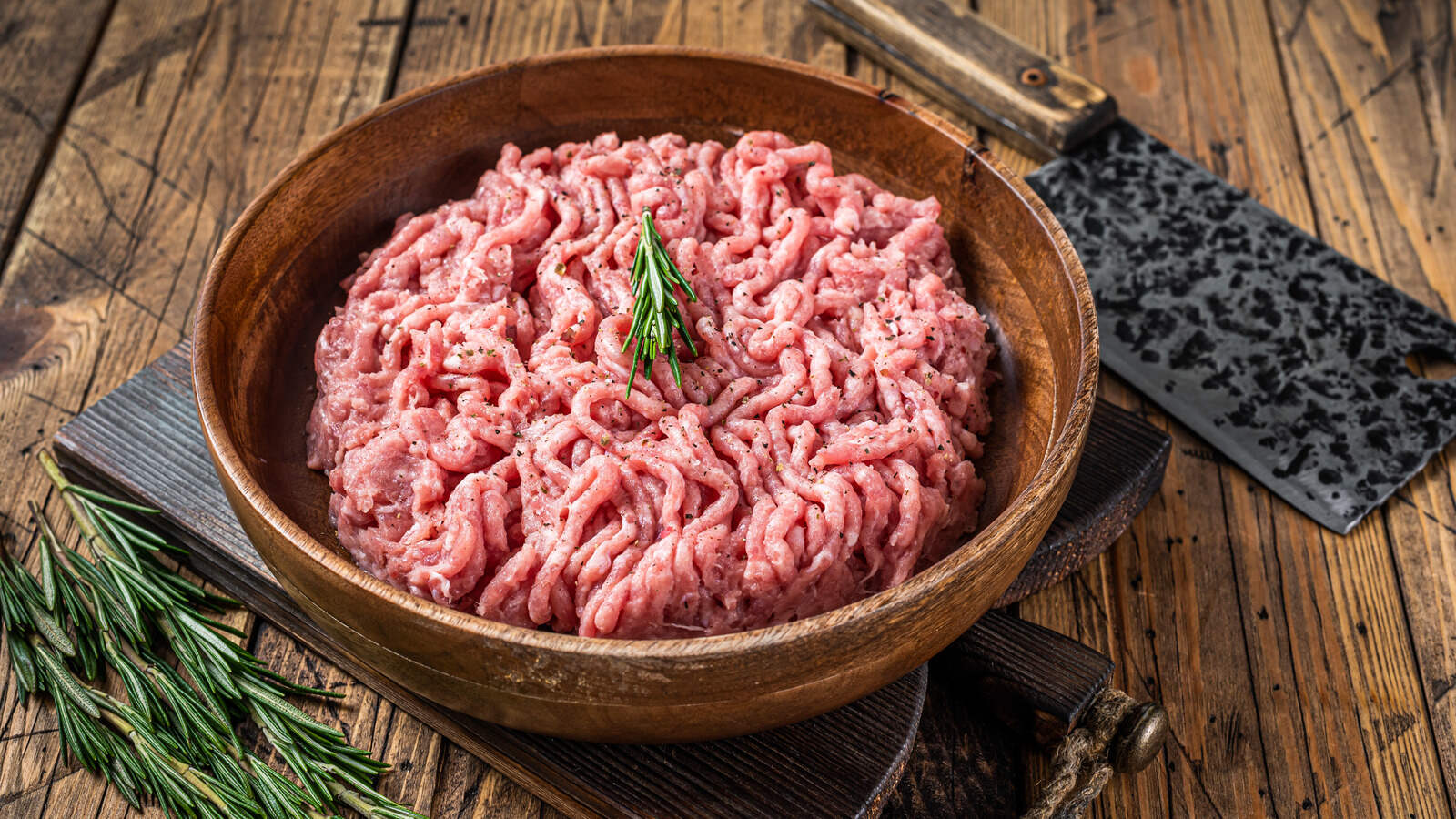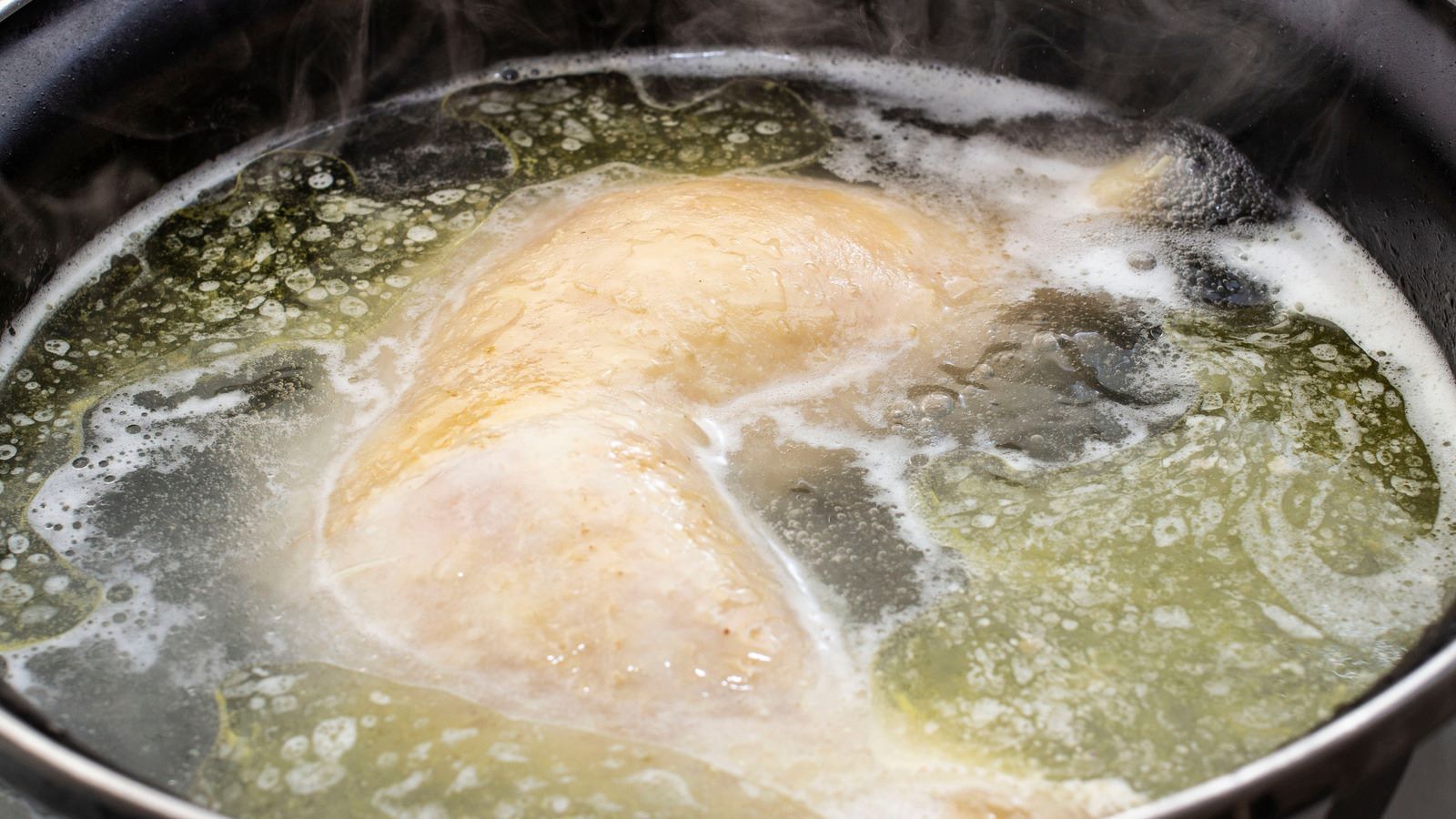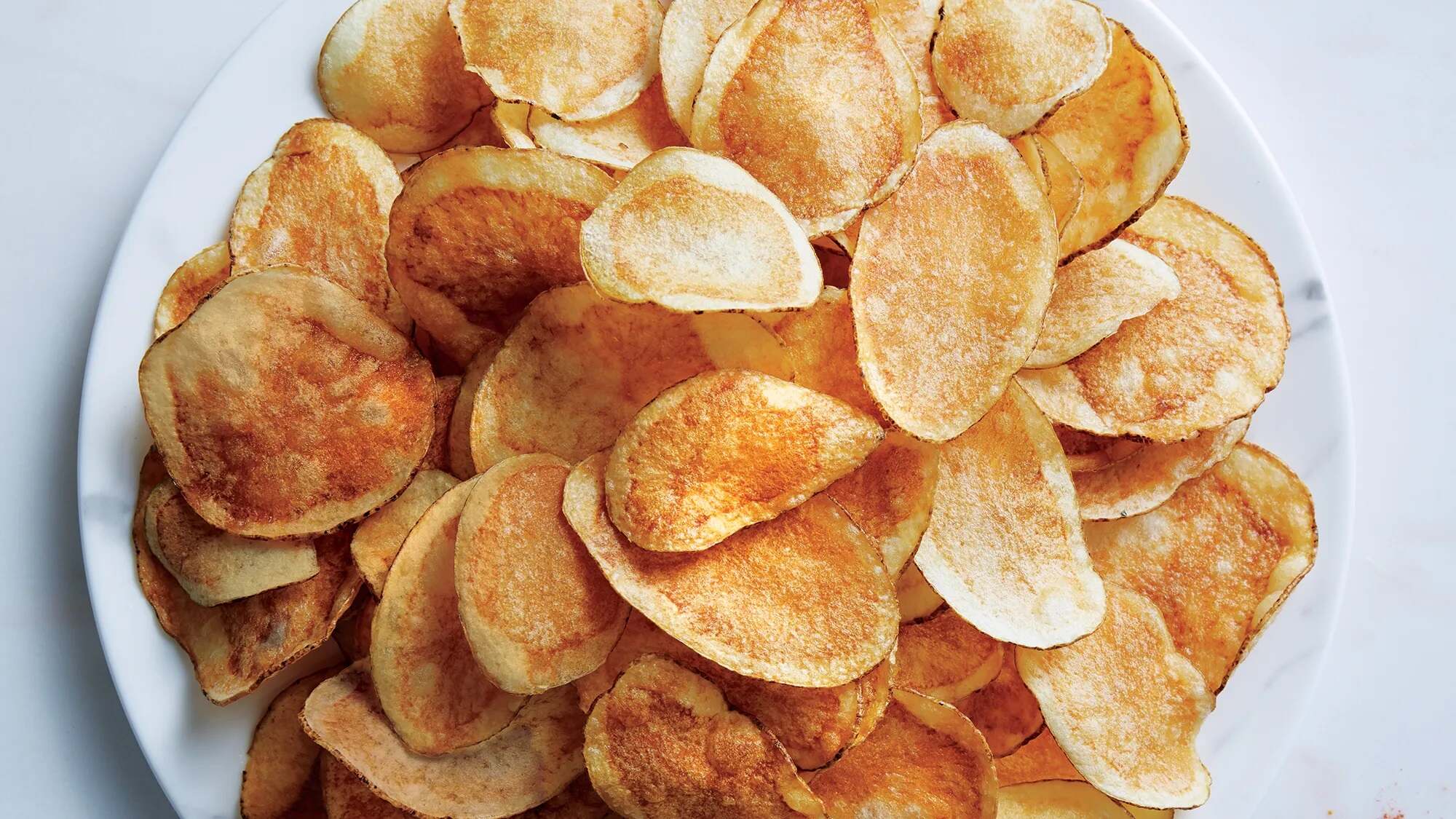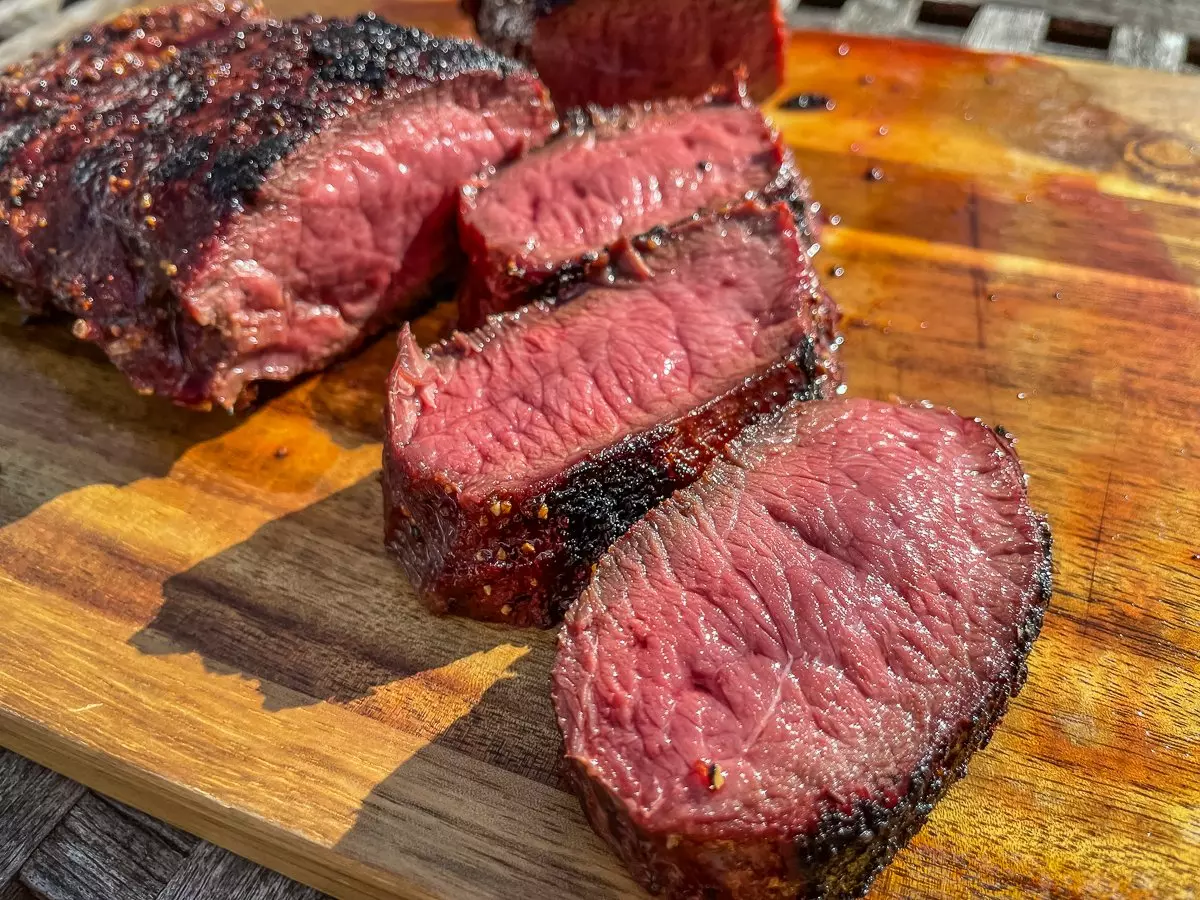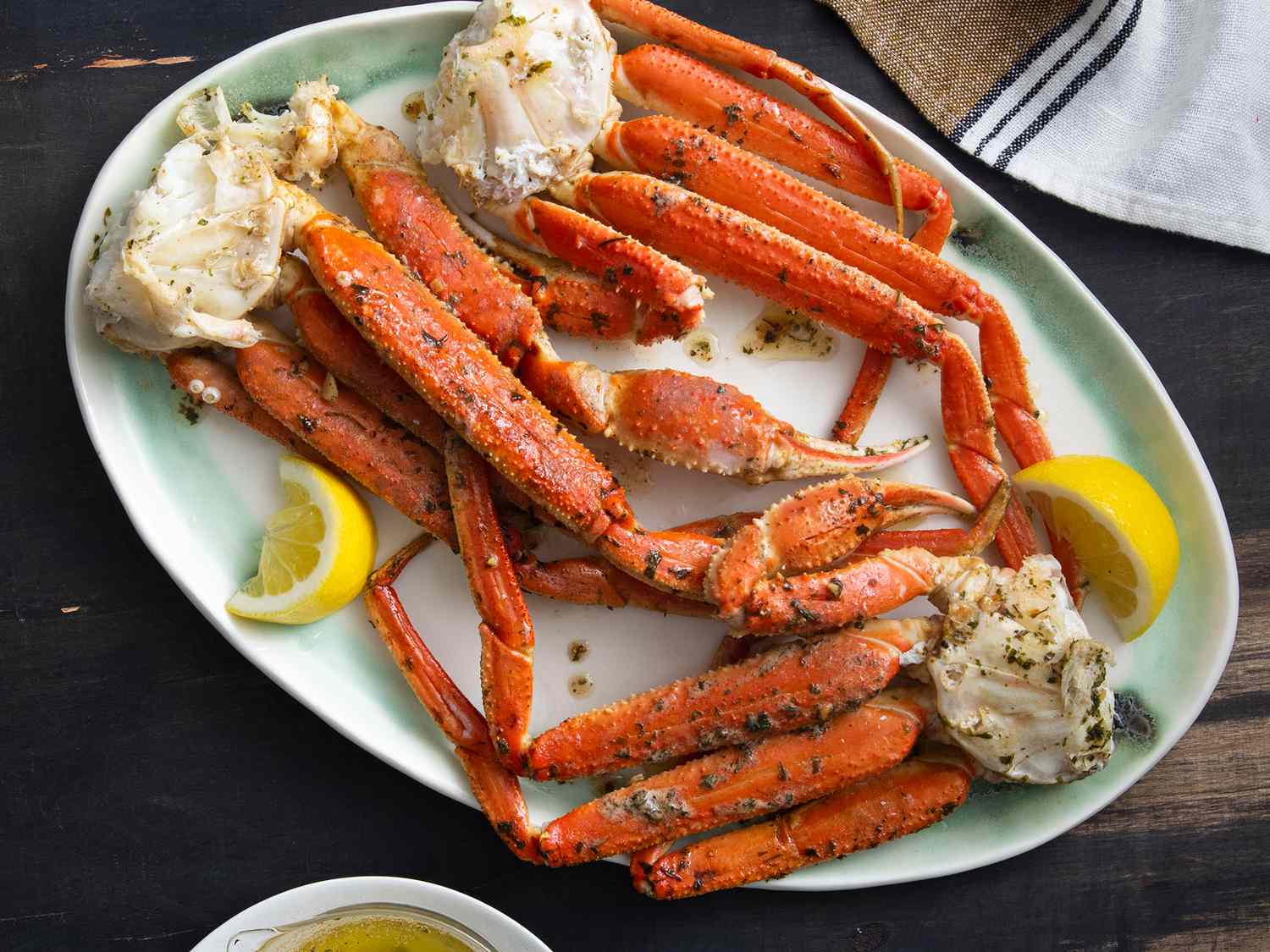Enhance the Flavor of Your Dishes with Proper Seasoning
Seasoning is an essential aspect of cooking that can take your dishes from bland to delicious. Whether you’re a seasoned chef or a novice cook, knowing how to season your food properly can make a significant difference in the final outcome of your culinary creations. Here are some tips on how to season when cooking to elevate the flavors of your dishes:
1. Use the Right Salt
Salt is a fundamental seasoning that brings out the natural flavors of ingredients. There are various types of salt available, including table salt, kosher salt, and sea salt. Experiment with different types to find the one that suits your taste preferences. Remember to season your food with salt gradually, tasting as you go to avoid over-salting.
2. Incorporate Fresh Herbs and Spices
Fresh herbs and spices can add depth and complexity to your dishes. Consider using herbs like basil, cilantro, and thyme, and spices such as cumin, paprika, and cinnamon to infuse your food with aromatic flavors. Fresh herbs are best added towards the end of the cooking process to retain their vibrant taste, while ground spices can be added earlier to allow their flavors to meld with the dish.
3. Balance Sweet, Sour, Salty, and Spicy Flavors
When seasoning your dishes, strive to achieve a balance of sweet, sour, salty, and spicy flavors. For example, if a dish is too sweet, adding a touch of acidity, such as lemon juice or vinegar, can help balance the flavors. Similarly, if a dish is too salty, a hint of sweetness from ingredients like honey or maple syrup can help mitigate the saltiness.
4. Layer Your Seasonings
Layering your seasonings throughout the cooking process can result in a more complex and well-rounded flavor profile. Start by seasoning your ingredients with a pinch of salt and pepper at the beginning. As the dish cooks, taste and adjust the seasoning as needed. Adding fresh herbs and spices towards the end can provide a burst of fresh flavor to the finished dish.
5. Don’t Underestimate the Power of Acid
Acidic ingredients such as citrus juice, vinegar, and tomatoes can brighten up the flavors of a dish. A squeeze of lemon juice or a splash of vinegar can add a refreshing zing to soups, stews, and sauces. When using acidic ingredients, start with a small amount and gradually increase to achieve the desired level of acidity.
6. Experiment and Taste Along the Way
Seasoning is a subjective aspect of cooking, and there are no hard and fast rules. Don’t be afraid to experiment with different seasonings and taste your food as you cook. Adjust the seasonings as needed to suit your personal preferences. Over time, you’ll develop a better understanding of how different seasonings can enhance the flavors of your dishes.
By following these tips and techniques, you can elevate the flavors of your dishes and become more confident in your seasoning abilities. Remember that practice makes perfect, so don’t be afraid to get creative and explore the world of seasoning to enhance your culinary creations.
Was this page helpful?
Read Next: How To Season A Roast Sugar Free

